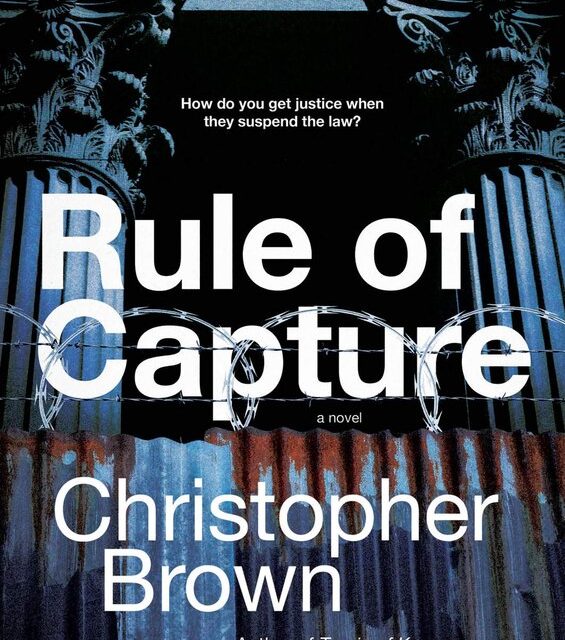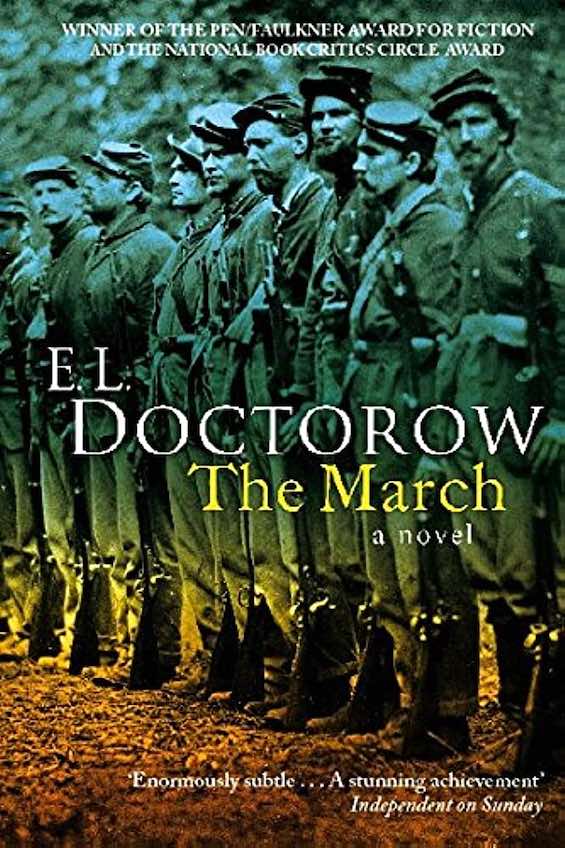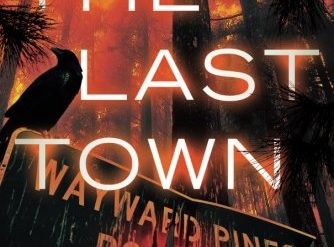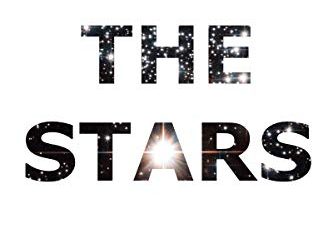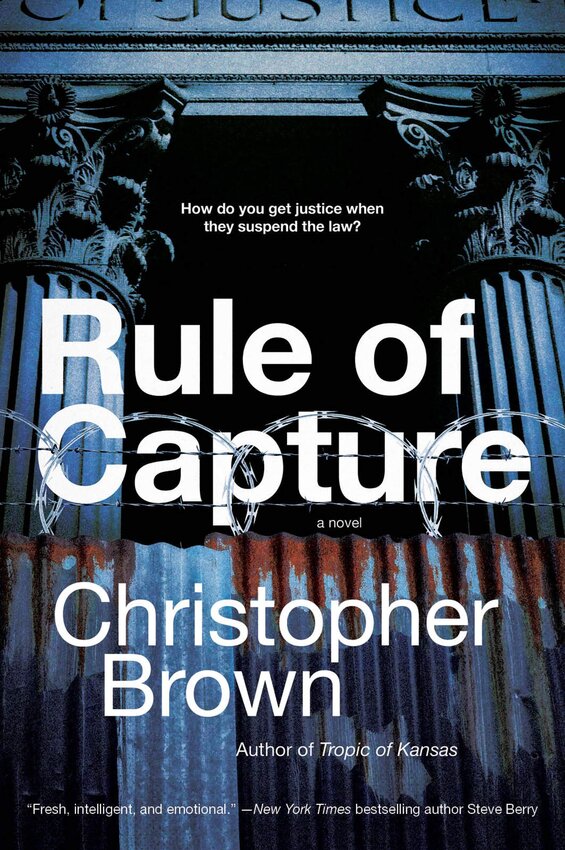
In dystopian fiction, some authors envision a future along the lines of Cormac McCarthy’s The Road, a nightmarish post-apocalyptic world in which a trickle of survivors struggle to survive. Others picture a time yet to come when a tyrannical state enslaves those unlucky enough to lie within its borders. The classic examples are Aldous Huxley’s Brave New World and George Orwell’s 1984. In Rule of Capture, Christopher Brown takes a different approach. He renders a disturbing portrait of dystopia in the making.
War, climate change, and a tectonic shift to the Right
In fact, the novel portrays the United States in the not-too-distant future. Someone very much like a certain former occupant of the Oval Office was elected President. The country went to war to subdue movements for change throughout Latin America and the Caribbean. Then, came a catastrophic war with China, which the US lost. The price the country paid was to cede its Pacific Island territories and the state of Hawaii to China.
Meanwhile, the climate crisis has wreaked havoc on America’s heartland. Millions of refugees have been driven from the plains states southward into Texas, and much of the Gulf coast is now underwater. In Texas, where the novel is set, as well as Washington DC, Right-Wing politicians are moving quickly to suppress dissent. This is truly dystopia in the making.
Christopher Brown aptly sums all this up: “the more the old order started to collapse as the climate degenerated, the economy cratered, and the geopolitical order inverted, the most the state worked to preemptively police unrest.” It doesn’t take a great deal of imagination to foresee something like this in America’s future.
Rule of Capture (Dystopian Lawyer #1) by Christopher Brown (2019) 403 pages ★★★★☆
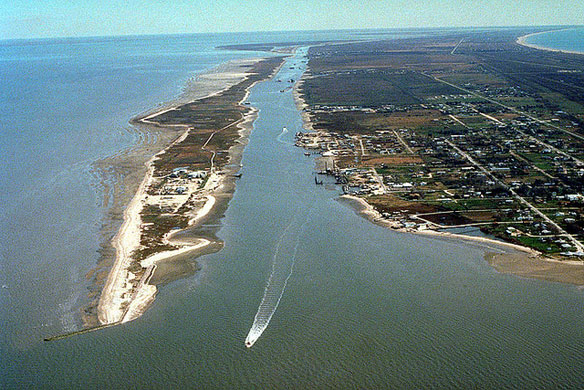
“No real law, just raw power, dressed up in a tie”
Houston attorney Donny Kimoe is a former federal prosecutor turned defense counsel. He scrapes by on the meager income he receives from indigent clients assigned to him by the court. Donny spends much of his time “on Monday mornings at the federal courthouse trying to help torture victims remember what happened to them in lockup over the weekend.” Justice is nowhere in sight, because it’s all “legal” under the martial law that’s now in force.
“There is no real law,” a friend remarks. “Just raw power, dressed up in a tie. It’s always been that way. And it’s starting to get a whole lot worse.” However bitter, that statement is literally true, because a coup is underway. The President has lost the election but is pulling every lever in sight in an attempt to overturn the results and stay in power, not just for four years but possibly for forty. Therein lies the endgame of this dystopia in the making.
A top-secret prison for “terrorists”
Now the court has forced Donny to take on the case of Xelina Rocafuerte, a journalist who is documenting the growing protest movement. The government alleges that she is a terrorist who produces recruiting videos for the nonexistent Free Rovers Organization. The “terrorists” are no more than scattered scattered and disconnected bands of activists seeking to protest the Right-Wing takeover. And Xelina is a radical environmentalist and a legitimate journalist, nothing more. But she is threatened with removal of her citizenship and confinement in a top-secret black facility said to be even worse than the refugee camps scattered about the Texas countryside. In his increasingly frantic efforts to defend her, Donny digs deeply into the government’s bogus charges . . . and turns up shocking evidence of the corruption and collusion between the courts and the government. Where men call the shots, and the rule of law is empty, dystopia has truly arrived.
The legal theory at the heart of this tale
The meaning of the novel’s title doesn’t become clear until well into the story, but it’s central to the author’s theme. In law, the “rule of capture” initially referred to “the way you make an animal your property is to mortally wound it in a net or a trap,” as Christopher Brown notes. It’s drawn from common law in England. But it “worked well for other things. Oil, gas, and water, for example. . . The same kind of theory was how the early American Supreme Court [in Johnson v. M’Intosh] was able to rule that the guy who bought his land from the U.S. government had superior title to the guy who bought the same land years earlier from the Indians who had lived there since before the Pilgrims. . . It was the law of the apex predator, the creature who takes what nature lets in.” Property rights as defined in the American legal system are grounded in this concept. And that concept is a bone of contention for the environmental activists Donny Kimoe defends in this novel.
About the author
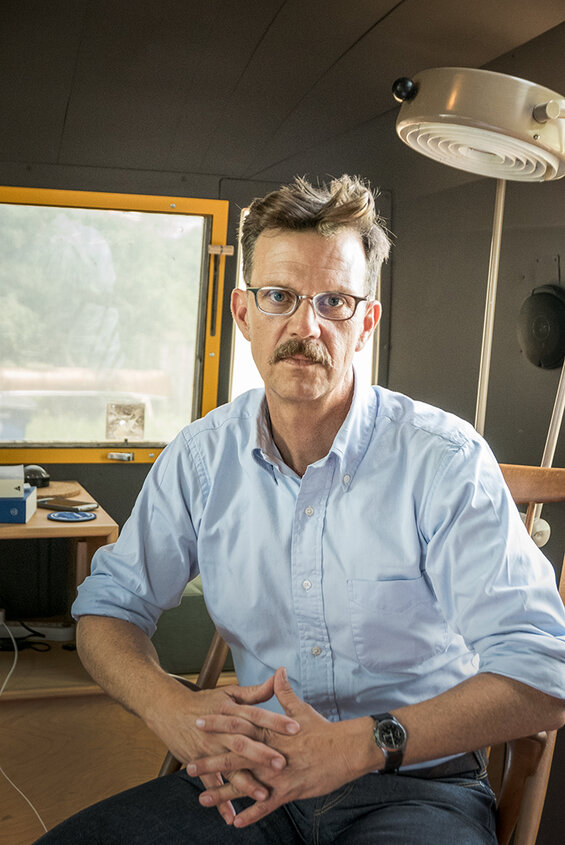
As the entry in Wikipedia notes, Christopher Brown‘s “first novel, Tropic of Kansas, was published in 2017 and was a finalist for the 2018 John W. Campbell Memorial Award for Best Science Fiction Novel of the year. His work frequently focuses on issues at the nexus of technology, politics, economics and ecology. His short fiction and criticism has been published in a variety of anthologies and magazines, including MIT Technology Review’s Twelve Tomorrows, LitHub, Tor.com, Reckoning, and The Baffler.” Brown also practices law in Texas, as any reader is likely to surmise from reading Rule of Capture.
For more reading
A few years ago, I wrote Hell on Earth: What we can learn from dystopian fiction. It’s a study of 62 dystopian novels with commentary on the scenarios they offer.
For more good reading, check out:
- The top 10 dystopian novels reviewed here
- The ultimate guide to the all-time best science fiction novels
- Great sci-fi novels reviewed: my top 10 (plus 100 runners-up)
- Mystery and thriller series starters can be misleading
- Top 10 mystery and thriller series
And you can always find my most popular reviews, and the most recent ones, plus a guide to this whole site, on the Home Page.

